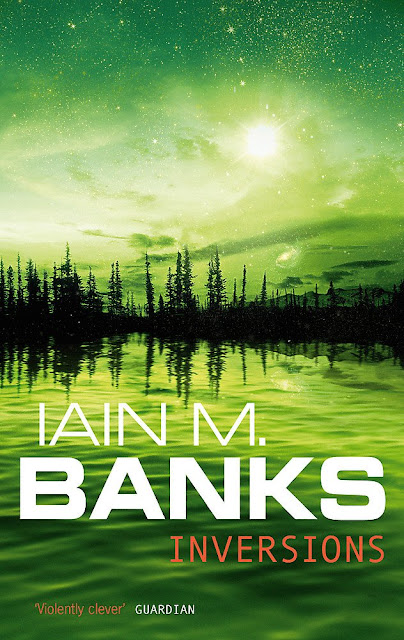What a great discovery, this Twelve Tomorrows series! I hesitated to buy the eBook because I found it excessively expensive. In the end, I decided to go for it because I was very interested in the subject (to be fair, I must confess I’m interested in ALL science fiction topics and subgenres). In any case, I can say that the purchase was worth it.
It’s well-known that there are an endless number of definitions for the word "art" (otherwise, it wouldn’t be art!). What’s interesting here is the perspective offered through science fiction (a form of art itself). So, new societies or new technologies bring about new forms of art. This anthology is dedicated to exploring some of them. Another example, a definition mentioned in this book is that art is a form of negentropy in the universe.
The Limner Wrings his Hands by Vajra Chandrasekera. A sharp and complex story blending fiction and essay. It offers a critique of the monetization of art, among many other issues. Brimming with talent.
The Art Crowd by Samit Basu. An art broker faces a moral dilemma between official art and street (or popular) art. Set in a cyberpunk future.
Immortal is the Heart by Cassandra Khaw. In a future shaped by the economic and environmental collapse of the U.S., a new profession emerges: an itinerant troubadour delivering posthumous speeches for the disappeared. A moving story.
Unauthorized (or, the Liberated Collectors Commune) by Ganzeer. Another post-collapse future. Here, police robots hunt down art forms under the pretense that they waste public resources. Art as a means of awakening consciousness.
Halfway to Hope by Lavanya Lakshminarayan. The protagonist, a therapist specializing in treating patients via virtual reality scenarios, must help her beloved despite opposition from her family. Very interesting, though a bit too black-and-white for my taste.
AI Concerns Are Not “Too Sci-Fi”. Archita Mitra interviews Neil Clarke, editor of the prestigious Clarkesworld magazine. A fascinating interview, touching on how Clarke has dealt with an influx of AI-generated stories based on natural language models. Another topic discussed is the distinction between art and artificially generated works.
No Future but Infinity Itself by Sloane Leong. Yet another post-collapse future—this seems to be what many of the anthology’s authors foresee. A giant sculpture is both worshiped and enslaves its caretaker.
Immortal Beauty by Bruce Sterling. Another post-collapse future (or so I interpret). The story depicts a political intrigue between two cities, Barcelona and Lyon, in a semi-feudal future society. A fascinating concept: art has been relegated to humans in their ghetto on Earth, while benevolent (?) AIs handle all science and economy across the solar system.
Autumn’s Red Bird by Aliette de Bodard. In the author’s signature melancholic style, this story follows a sentient spaceship that continues to receive messages from its beloved, who long ago became trapped beyond a black hole’s event horizon. The ship shares its sadness with an artist passenger.
Encore by Wole Talabi. In a distant future, two twin AIs explore space in search of clients to whom they offer their artistic expressions on a planetary scale. Stunning, with a powerful sense of wonder.
The Quietude by Lavie Tidhar. A fascinating story, as we’ve come to expect from the author. In a future solar system, populated by mutated humans, cyborgs, robots, various digital entities and other beings, a potential war unfolds against an alien species at the edges of the Oort Cloud. Excellent!
Finally, the book is accompanied by images of works by artist Diana Scherer, featuring tapestries made from living roots. You can see an example on the cover of the book.













.jpeg)








.gif)

